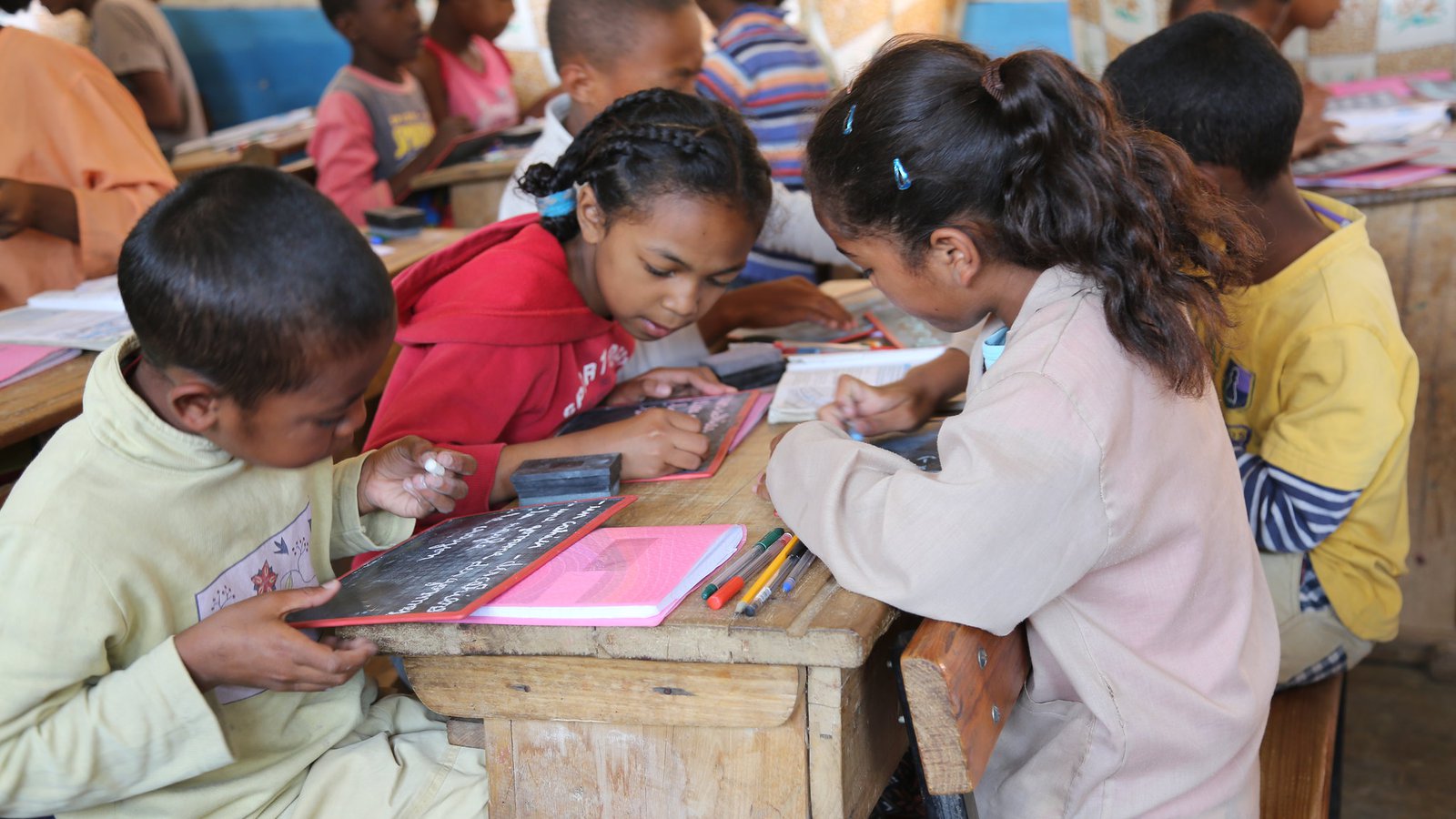Children’s general growth and comprehension of language and social standards depend on their being taught suitable or “dirty” words. Parents and other adults who are responsible for children can successfully assist youngsters in navigating this part of the language by approaching the subject with tact and age-appropriate techniques. The following recommendations will help you teach both male and girl kids about such words.
Age Appropriate Conversations
Talk to the youngster at an appropriate age and with an appropriate degree of knowledge. While older children can manage more sophisticated topics, younger children may require simpler explanations. Use language and illustrations that are age-appropriate.
Create a Safe Environment
Create a safe environment for kids where they feel at ease talking about difficult subjects. The atmosphere here should be one of confidence, attentive listening, and uncritical support. Assuring kids that they can come to you with any questions or concerns without being afraid of getting in trouble or being judged will promote free communication. Encourage children to express themselves freely by validating their thoughts and feelings.
Explain About Boundaries
Teaching boundaries to kids by explaining which words and phrases are considered improper, offensive, or disrespectful. Help them realize that using foul language might offend people’s sentiments or lead to misunderstandings.
Talk about how important it is to respect others’ boundaries and personal space. Educating children that using improper language can transgress those restrictions and have a bad effect on relationships.
Talk About Context
Explain to kids the value of Context in Open Communication. Describe how some language may be appropriate among intimate friends or family members but not in formal or public contexts. Help children to grasp the distinction between words used in private and public. It is important to teach children about the distinction between words used in private and public. Teach them to understand their audience and speak accordingly.
Teach Them Empathy
Teach empathy by describing the effects that children’s words can have on other people. Encourage them to think about how they might feel if someone spoke to them inappropriately. Encourage consideration for others’ sentiments, kindness, and understanding.
Model Appropriate Language
Modeling appropriate language is important since kids learn by watching and copying adults. When speaking to them and others, be aware of your own language choices and choose the right phrases. Describe how to communicate respectfully and why certain words are unacceptable.
Describe how to communicate respectfully and why certain words are unacceptable. Teach them efficient ways to communicate without using foul language.
Give Children Alternative Expressions
Show kids many methods to express their anger, frustration, or upset. Encourage children to speak respectfully and constructively, emphasizing communication and problem-solving skills.
The Role-Playing and Scenarios
Children can practice using acceptable language in a variety of contexts by participating in role-playing games and scenarios. Create settings where they can respond and instruct them on how to politely manage difficult circumstances that might require inappropriate language.
Media & Entertainment Awareness
Talk about how the media and entertainment industry affects linguistic choices. Encourage kids to evaluate the language used in songs, movies, and TV shows. Tell them that not all language they hear has a place in everyday conversation.
Tell them that not all language they hear has a place in everyday conversation. Encourage them to oppose and examine messages that normalize offensive language.
Encourage Questions
Encourage youngsters to ask questions about language and its appropriateness by providing them with resources. Avoid any misconceptions they may have acquired from peers or the media by addressing their worries and giving real information.
Encourage Positive Behavior
It is suggested to teach kids to learn positive language and adopt positive behavior. It also leads the effective emotional values for them. Recognize and reward children’s use of appropriate language and effective emotional expression. They are motivated to keep practicing respectful conversation via encouragement.
Reinforcement and Consistency
Be consistent in your approach to teaching acceptable language, and reinforce it frequently. Regularly remind the youngster of the lessons and gently correct any mistakes rather than scolding or humiliating the child.
Conclusion
Keep in mind that teaching kids to use acceptable language is a lifelong endeavor. Be patient, understanding, and ready to change your strategy in response to the child’s requirements and comprehension. You are assisting kids in developing critical social and interpersonal skills that will serve them well throughout their life by encouraging respectful conversation.



